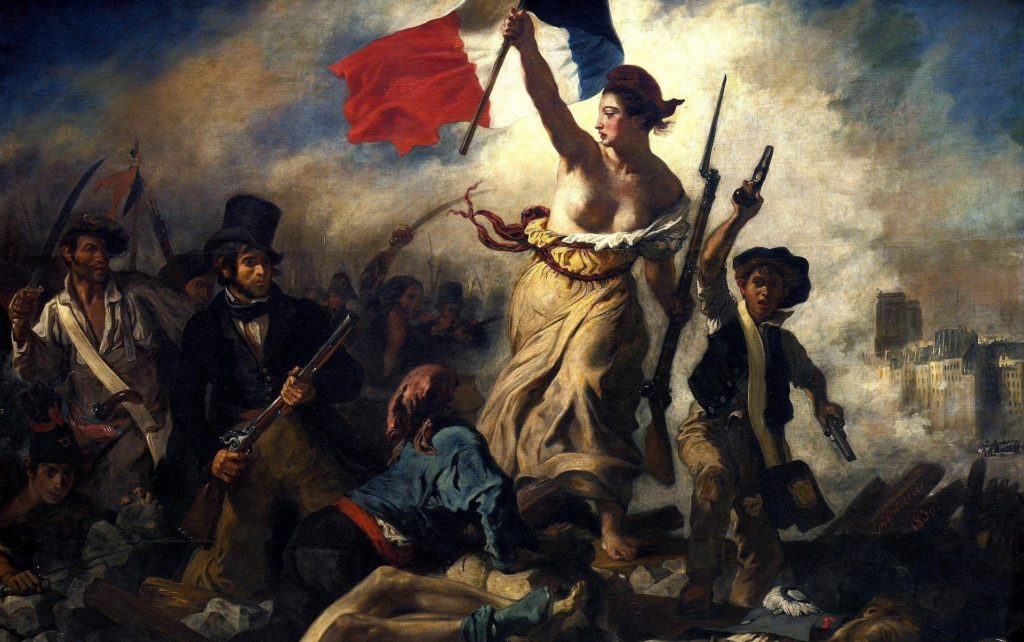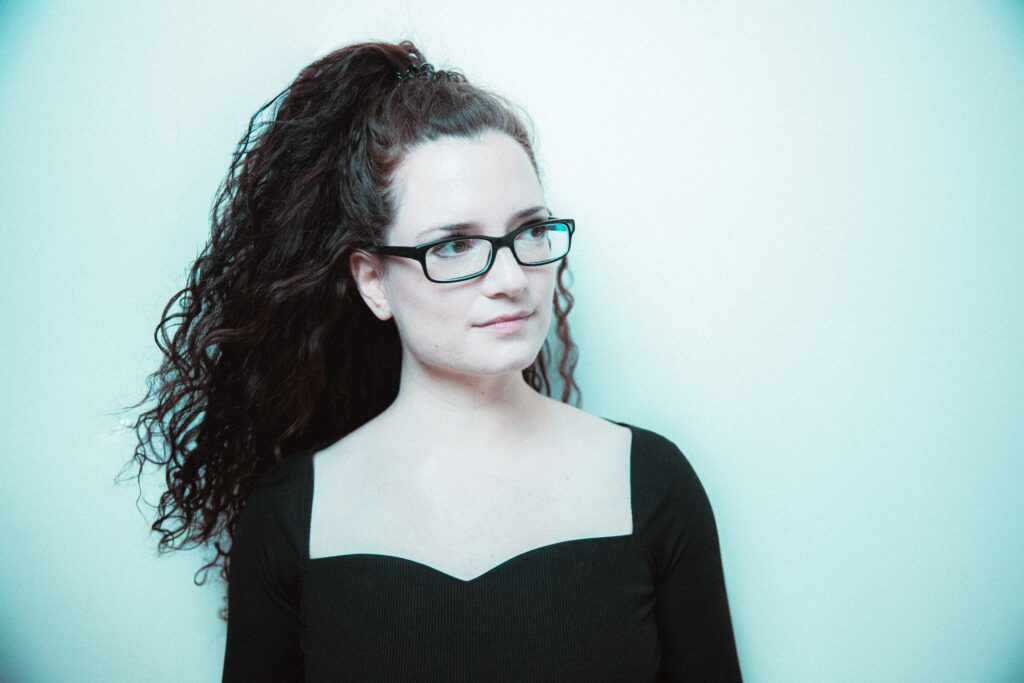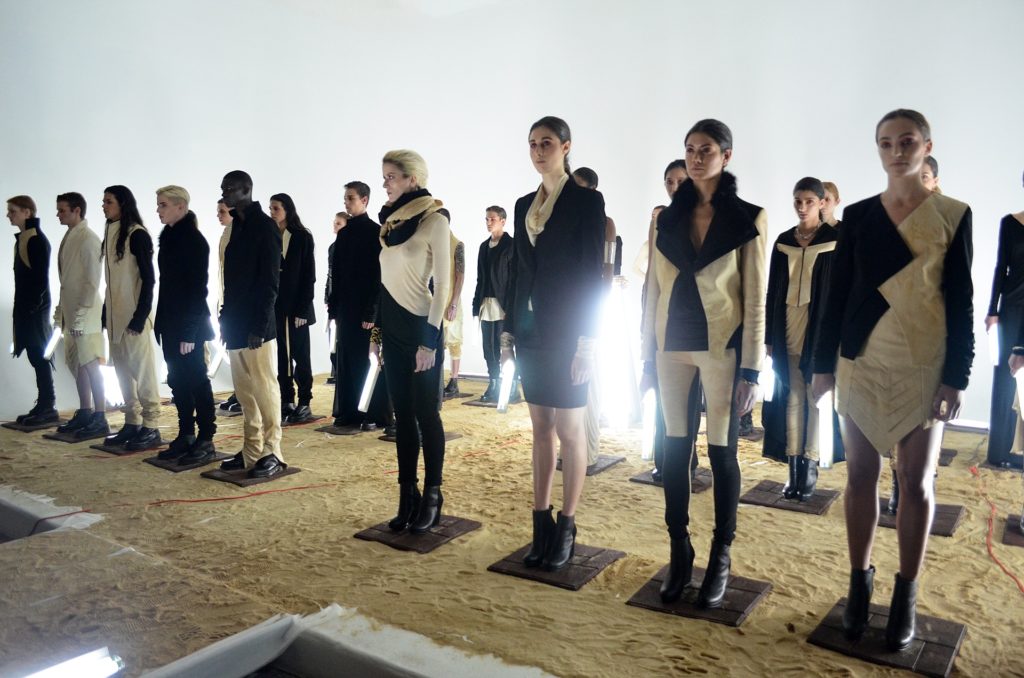

Towards a revolution?
We thought it was an old story. At least, in the Western world. 1789 was quite a while ago, the Paris Commune took place in 1871 (and lasted only a few months), and the communist era ended in 1990, showing to the world how democracy was, clearly, the least imperfect political organization.
Indeed, the Western world can be proud of some of its achievements. There’s a free press (more or less) in most of its territories, human rights legally protect the individuals against various attacks (from the government or other parties), and the majority of political leaders are now elected -rather than purely appointed. We hate so many aspects of our world that we don’t realize how lucky we are, compared to many others.
But the problem is: we want more. Or should we say: we think we deserve more. Not necessarily more money, to be able to buy more products and services -even if that would definitely help. Not necessarily more education either, since we now have access to almost everything online -thank you Wikipedia, TED Conferences, and quite a lot of YouTube channels on various topics. It’s not perfect, but it’s there, and the diversity is tremendous.
People feel frustrated, to say the least. Sometimes, deceived, abandoned, or even humiliated.
Still. People feel frustrated, to say the least. Sometimes, deceived, abandoned, or even humiliated. Just look at what happened in France with the yellow vests, or what led to the quite unexpected Brexit. The examples are legion: people who voted for Trump in the US, Bolsonaro in Brazil, or Orban in Hungary. They don’t want the same thing. Some of them are just far-right extremists, but we know it’s a bit more complicated than that.
People tend to listen to those who shout the loudest. It’s natural. Populists do an easy job: they just express a pure anger -against the elites, or the immigrants, or any group that can be used as a scapegoat. It always works, especially when millions of citizens suffer from their condition -because of unemployment, low wages, or poor housing. The deeper the humiliation, the stronger the reaction.
The coronavirus crisis could let the Western world enter into another era, when some of the populist voters will realize that nationalism -as a political system- doesn’t work better. And above all, doesn’t solve anything in itself, other than reinforcing some basic sense of belonging to a community called the nation.
Nationalism doesn’t make sense in our world. We depend on others, and others depend on us.
Because nationalism doesn’t make sense in our world. We depend on others, and others depend on us. And that’s not only the case in business and trade. Why do we use (and let’s be honest, love) apps like YouTube, Instagram or even TikTok? Just because it’s fun? Just because life wouldn’t be valuable without some fucking dance or cook challenges? Of course not. We don’t care about that. We don’t care at all.
What we care of, is the sense of belonging to a global, i.e. universal community. Nobody would want to install an app where one wouldn’t be able to meet and connect with total strangers. People, newspapers, brands, and so on, and so on. The Internet has many, many bad aspects and fundamental failures, but we’re not forced to go there. We go there because we want to, in some way.
But the anger is still here, more than ever before. Social inequality reached peak levels during the last decades, and multiculturalism’s desire to put people in boxes is still a tough challenge in many countries. Millenials are known to be particularly anxious and unhappy, and as a matter of fact, some become attracted to various kinds of extremism. We do live in troubled times.
The question is: what kind of revolution could happen? And which kind should we favor? It’s time to think seriously about it, as it could start tomorrow.






